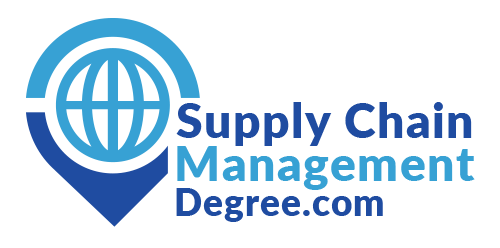
Adapting to Change: How Supply Chain Management Programs Evolve
In today’s fast-paced business environment, adaptability is key to survival. Nowhere is this truer than in the realm of supply chain management. The global marketplace is constantly evolving, driven by technological advancements, shifting consumer demands, geopolitical factors, and unforeseen disruptions such as pandemics or natural disasters. In this ever-changing landscape, supply chain management programs must continuously evolve to stay ahead of the curve.
Supply chain management (SCM) is the backbone of any business, encompassing the end-to-end process of sourcing, producing, and delivering goods or services to customers. Effective SCM programs are crucial for optimizing efficiency, reducing costs, and enhancing customer satisfaction. However, achieving these goals requires more than just implementing a set of static procedures. It demands a dynamic approach that can adapt to emerging challenges and opportunities.
So, how do supply chain management programs evolve to meet the demands of a rapidly changing world?
Embracing Technological Innovation: Technology is revolutionizing the way supply chains operate. From blockchain and artificial intelligence to Internet of Things (IoT) devices and predictive analytics, there is a wealth of tools available to streamline processes, improve visibility, and enhance decision-making. SCM programs need to embrace these innovations and incorporate them into their operations to gain a competitive edge.
Enhancing Agility and Flexibility: The ability to respond swiftly to disruptions is essential in today’s volatile business environment. SCM programs should focus on building agility and flexibility into their supply chains. This may involve developing alternative sourcing strategies, establishing redundant suppliers, or implementing dynamic routing and inventory management systems.
Prioritizing Sustainability: Sustainable supply chain management has become increasingly important in recent years. Consumers are becoming more conscious of the environmental and social impact of the products they purchase, leading businesses to prioritize sustainability in their supply chain practices. SCM programs need to evolve to incorporate eco-friendly initiatives such as green sourcing, carbon footprint reduction, and ethical labor practices.
Emphasizing Collaboration and Visibility: Collaboration is key to optimizing supply chain performance. SCM programs should foster strong partnerships with suppliers, distributors, and other stakeholders to improve communication, share information, and coordinate activities. Additionally, enhancing visibility across the supply chain through the use of digital platforms and data analytics enables better decision-making and risk management.
Investing in Talent Development: Human capital plays a crucial role in the success of supply chain management programs. To adapt to changing demands, organizations need to invest in talent development initiatives that equip employees with the skills and knowledge needed to navigate complex supply chain challenges. This may involve providing training in emerging technologies, fostering a culture of innovation, and nurturing leadership capabilities.
Supply chain management programs must evolve continuously to keep pace with the rapidly changing business landscape. By embracing technological innovation, enhancing agility and flexibility, prioritizing sustainability, emphasizing collaboration and visibility, and investing in talent development, organizations can build resilient supply chains that are equipped to thrive in an uncertain world. Adaptability is the cornerstone of success in supply chain management, and those who embrace change will emerge as leaders in the field.


